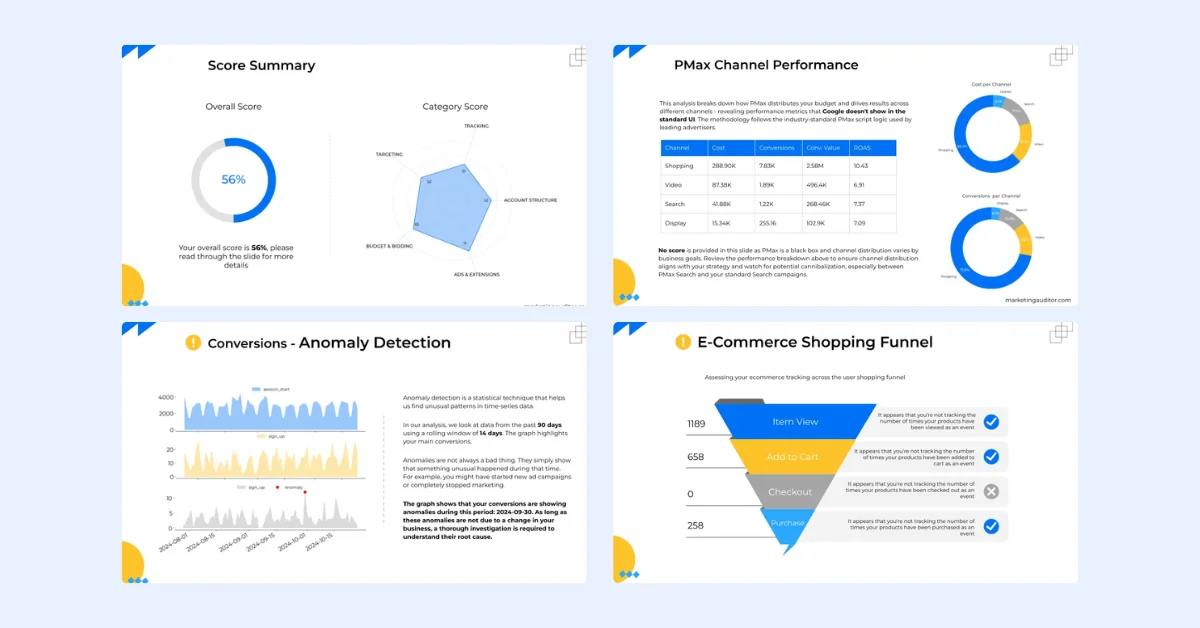 Trending ️🔥
Trending ️🔥BigQuery Introduces Code-Free Workflow Tool for Streamlined Data Management
1 years ago
Google has unveiled BigQuery Workflows, a new code-free orchestration tool for BigQuery, now in preview. It simplifies data pipeline management with a visual interface, built-in scheduling, centralized monitoring, flexibility, and cost-effectiveness. Users can create sequences of code assets like notebooks and SQL queries. Limitations include creating new assets within the workflow, no access grants for specific workflows, and availability only in Google Cloud.


